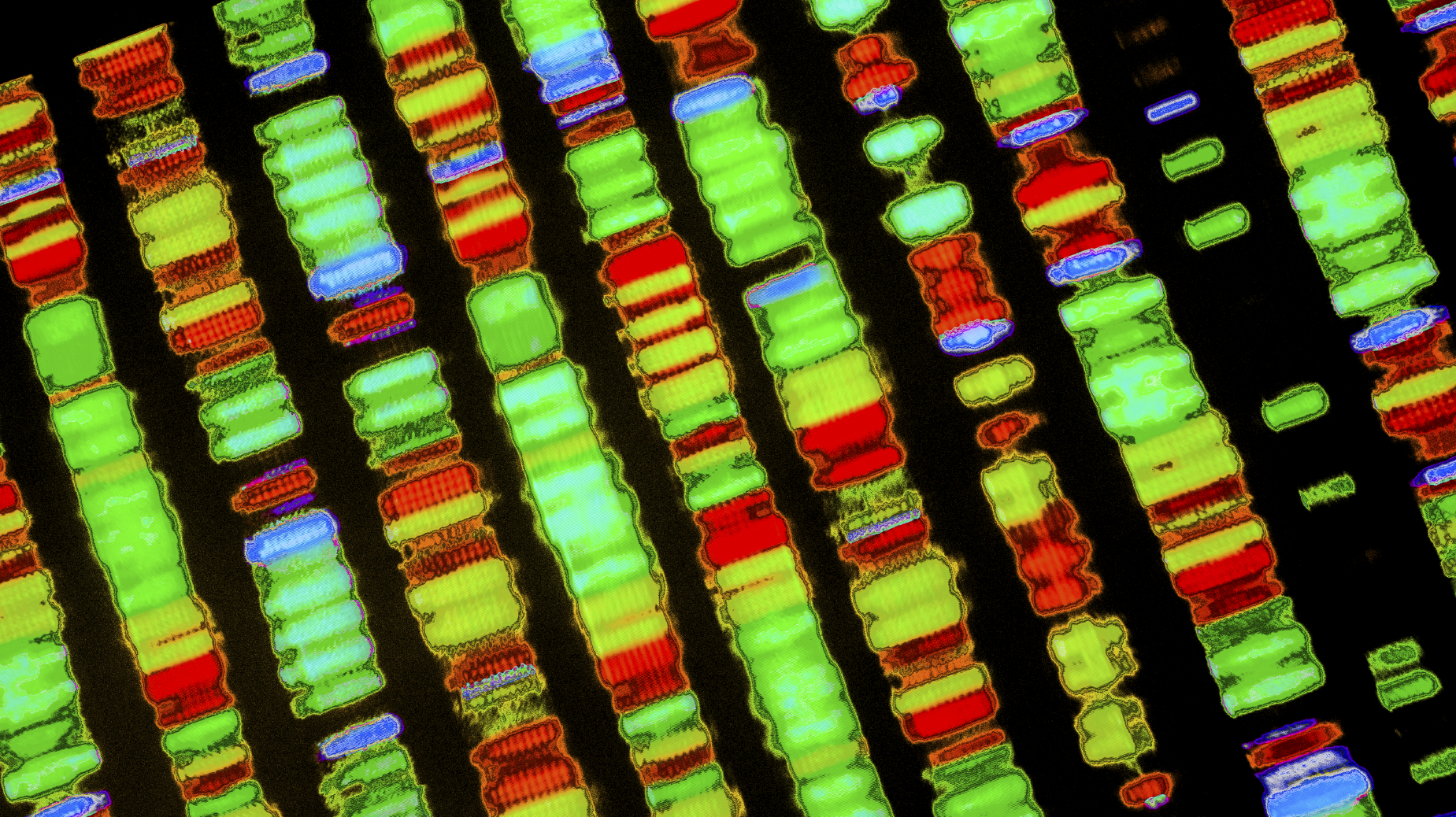Cradle Genomics raises $17m for prenatal genetic testing R&D

Prenatal testing firm Cradle Genomics has raised $17 million in an early funding round led by the investment arm of the genetic testing firm Illumina.
The San Diego-based biotech said that Illumina Ventures and Section 32 led the Series A investment round with participation from Alexandria Real Estate Equities, Sea Lane Ventures, Listwin Ventures and Axon Ventures.
Cradle Genomics said the funding will be used to support clinical development, corporate infrastructure, lab improvements and the launch of the company’s non-invasive prenatal testing products (NIPTs).
NIPTs on the market at the moment rely on measurement of trace amounts of circulating cell-free foetal DNA in the maternal serum.
The relatively low fraction of foetal DNA in maternal blood limits the scope of foetal genetic analysis and the pregnancy stage when testing can be offered.
Cradle Genomics' proprietary assay increases the purity of foetal DNA, making testing as early as week five of a pregnancy possible.
It says the technique delivers the most comprehensive content among all NIPT providers for increased clinical utility.
Cradle Genomics is headquartered in San Diego with additional R&D operations in Detroit.
Nick Naclerio of Illumina Ventures, said: “We are excited to be supporting such an extraordinary team of entrepreneurs. We believe that Cradle Genomics is well-positioned to transform non-invasive prenatal testing.”
Tristan Orpin, CEO of Cradle Genomics, said: “Our mission at Cradle Genomics is to deliver genetic knowledge for life, with a vision of better outcomes for every pregnancy.”
Cell-free DNA testing is the fastest growing market in the history of molecular diagnostics and is currently used in a number of health care settings.
In 2016 the FDA approved a blood-based companion diagnostic test based on circulating cell-free DNA, that is able to pick out the EGFR mutation associated with non-small cell lung cancer.
The test can be used to decide whether EGFR targeting drugs can be used in patients, although they require further testing in the case of a negative result just in case.











